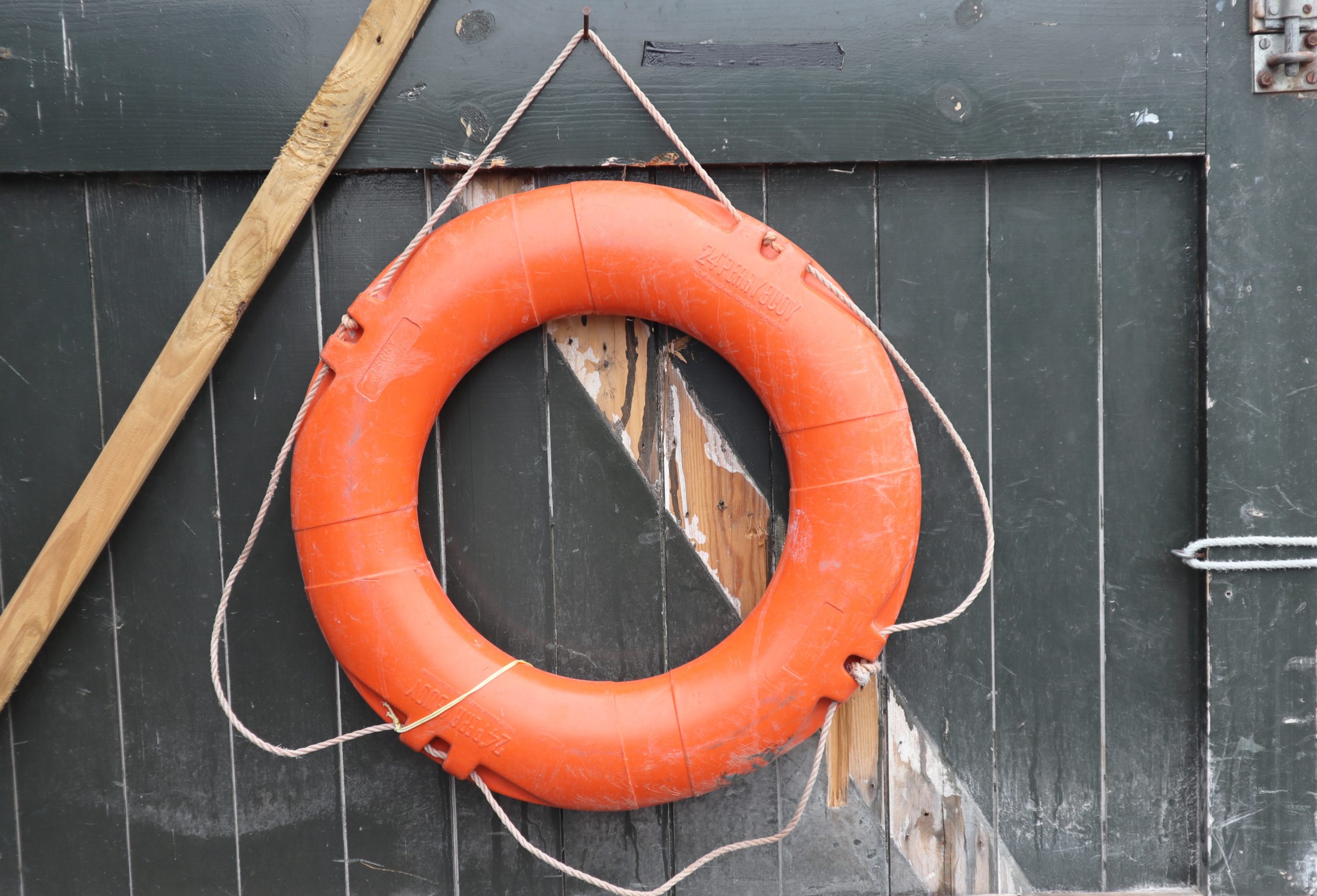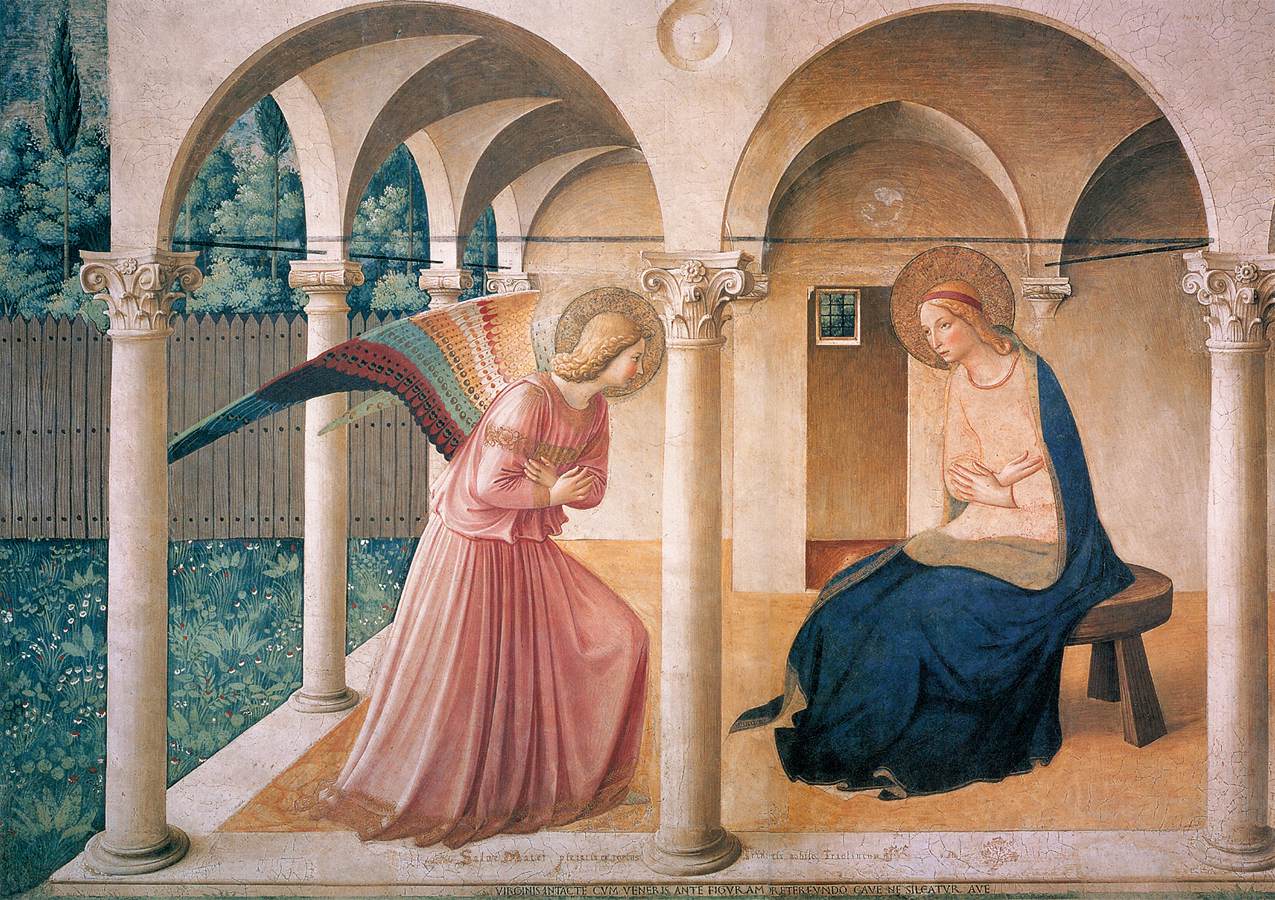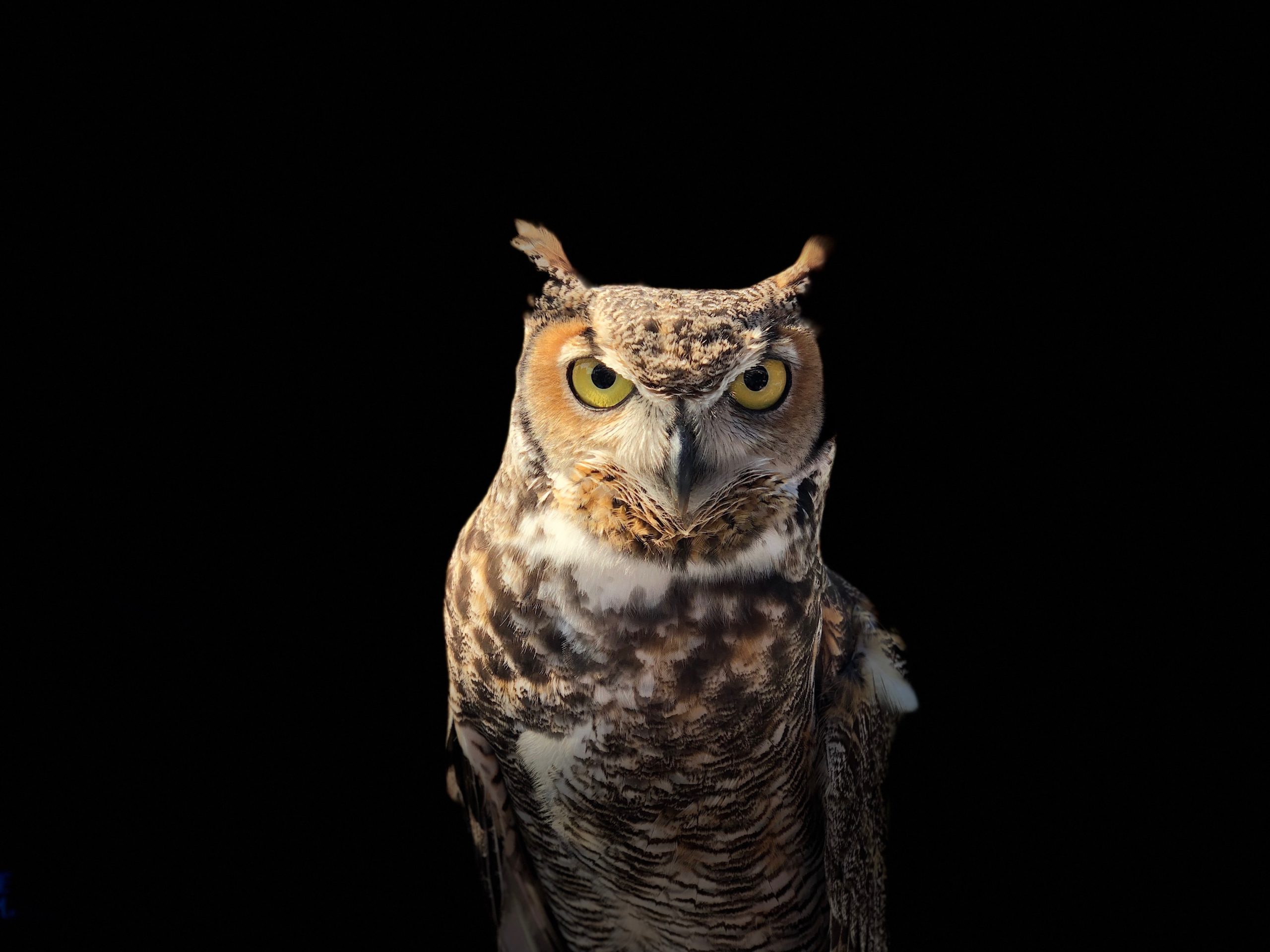George Floyd

Today, George Floyd will be laid to rest. Today, his body will be put into the ground. From Minneapolis, to Raeford, to Houston—today, this last phase of his earthly journey ends.
Our journey does not. We keep moving. And we want to keep moving forward. But how?
In the days since Mr. Floyd’s death, I’ve spent much time observing.
Observing local media coverage of my city’s mostly peaceful protests, as well as national coverage of protests that, initially at least, were less so.
Observing my Twitter, LinkedIn, and Facebook feeds full of friends, family, and strangers expressing sorrow and remorse over the killing. Some denouncing their white privilege and others expressing outrage at anyone (like me) who has not yet shown up to a protest.
Mostly, I’ve been observing my own response.
I’ve been asking myself
- What do I know?
- What do I believe?
- What am I professing?
- And to what am I committed?
For these four sources of action—belief, knowledge, profession, and commitment—are not synonymous. They mean different things. And knowing the difference between each has implications for what actions I take, both now and in the future.
Dallas Willard (now deceased), a philosopher who spent 47 years teaching epistemology at the University of Southern California and an expert in spiritual formation, describes the differences between these sources of action in his book Knowing Christ Today: Why We Can Trust Spiritual Knowledge. I cite below his definitions, because I cannot express his meaning more clearly than he.
Knowledge
We have knowledge of something when we are representing it (thinking about it, speaking of it, treating it) as it actually is, on an appropriate basis of thought and experience. Knowledge involves truth or accuracy of representation, but it must also be truth based upon adequate evidence or insight. The evidence or insight comes in various ways, depending on the nature of the subject matter. But it must be there.
Belief
Belief, by contrast, has no necessary tie to truth, good method, or evidence. We can believe what is false and often do. Belief may arise from many sources. Children and others “catch” beliefs from those around them. Emotions such as fear, hatred, or love give rise to beliefs. In its basic nature belief is a matter of tendencies to act.
Commitment
But what about commitment? Is it the same as belief? Not at all. Commitment, made so much of today in religion and in life, need not involve belief, much less knowledge. You can commit yourself to something you don’t even believe. Commitment is simply a matter of choosing and implementing a course of action. We have that ability. It is part of what humans can do. Sometimes we have to act when we “don’t know what to do” or even when we have no belief concerning what would be best. Time and circumstance are passing. A person lost in a forest may have no idea of which direction to take, but commit in action to one particular direction because the person knows or believes he or she must do something. Or an investment must be made now, for example, or a relationship engaged in. We then commit ourselves to a course of action, because we must do something. Or perhaps, on rare occasion, we wish to be arbitrary, to just have a fling and see what happens. That is how we board a roller coaster.
Profession
At an even greater distance from knowledge is profession. Sometimes people profess to believe things they are not even committed to. They may do this just to fit into a social setting. Throughout history, and in some places still today, professing to believe things they don’t believe, or even things they are committed against, has been the only way for people to save their lives or avoid great harm.
Knowledge, belief, commitment, or profession? What is guiding my action?
In the religion in which I was raised, children were often water-baptized at around the age of 10 or 11. Our denomination did not baptize or christen infants; we wanted kids to be able to make their own “decision for Christ” once they reached an “age of consent.” The practice was, the child would make the decision, go “down front,” confess their sin, affirm their belief in Jesus, and be baptized. Once baptized, they would be considered a Christian, permitted to partake in communion, with their eternal life assured.
I did not follow the plan. Week after week, I watched my friends go down front, make the confession, and be baptized. Week after week, I watched the communion elements be passed in front of me, with my friends partaking and me withholding. The social pressure was tremendous. Youth minister, youth group, camp counselors, and more. My father, as the senior pastor of the church, possibly faced scrutiny from the church elders because I was not baptized. My parents would tiptoe through conversations, expressing their fear that if I was in a car wreck, I might end up in hell. Still, I did not make the confession.
It wasn’t that I didn’t believe in Jesus. I did. Yet I knew then as I know now that belief alone was not enough for me. I needed to know, because without knowing—in my mind, body, and spirit—I could not embody my belief. I could not live it out. I needed it to be part of my solid self, not a belief I’d borrowed from someone else. When I was 21, I made that confession. And I haven’t wavered since.
This is a similar time for me. I thought I knew that #BlackLivesMatter. I know I believe it to be true. But is my knowledge evident? Have I embodied my belief? My hope is that in my life so far, I have. Clearly, though, I can no longer say so with certainty. I have questions now. I wonder.
Willard, again in his book Knowing Christ Today says:
[S]omeone might, for lack of appropriate application, fail to know the multiplication tables, the order of succession of American presidents, or the capital cities of the fifty states. If we don’t know those things, however, it is because of an omission on our part. We might believe them without knowing them, of course, but we also can come to know them if we make a point of it.
I don’t want to believe without knowing. I want to make a point of knowing.
And so I am taking time to examine my thinking about people who are “other” than me. To listen to stories. To read some books. To have some conversations. If I believe #BlackLivesMatter, then certainly I will act as if it is so. But how much better if I can know, in the core of my soul, that I know? That my heart, my head, and my body are in sync. My hope is that they are, my belief is that they are, but no doubt my friends and family members of color may have had a different experience of me. In their kindness, or frustration, or exasperation, they may have chosen to look past my ignorant or even maligning statements.
While the social pressure is great for me to display some evidence—NOW—of my empathy, compassion, outrage, or shame, I will not succumb. For doing so won’t get to the root of the problem—my problem—if I am merely professing or confessing, believing without knowing. I must take on the responsibility of examining, of listening, of learning, of knowing. Of knowing that I know. And that may take me some time.
I want to live out my tagline—Making Room for the Human Soul at Work—and so I must give myself the opportunity to let my soul do its work—the work of integrating my mind (which are my thoughts and feelings), body, relationships, and will. So my human soul at work can show up in my work—and in my life.
So while Mr. Floyd’s bodily journey ends today, mine does not. Ours does not. We are called to act, and to act out of more than just profession, or commitment, or even belief. To act out of knowledge, out of what we know to be true. And right. And good.
Ideally, knowledge is the basis of belief, and, when it is, it gives the belief a very different bearing upon life.
Dallas Willard





